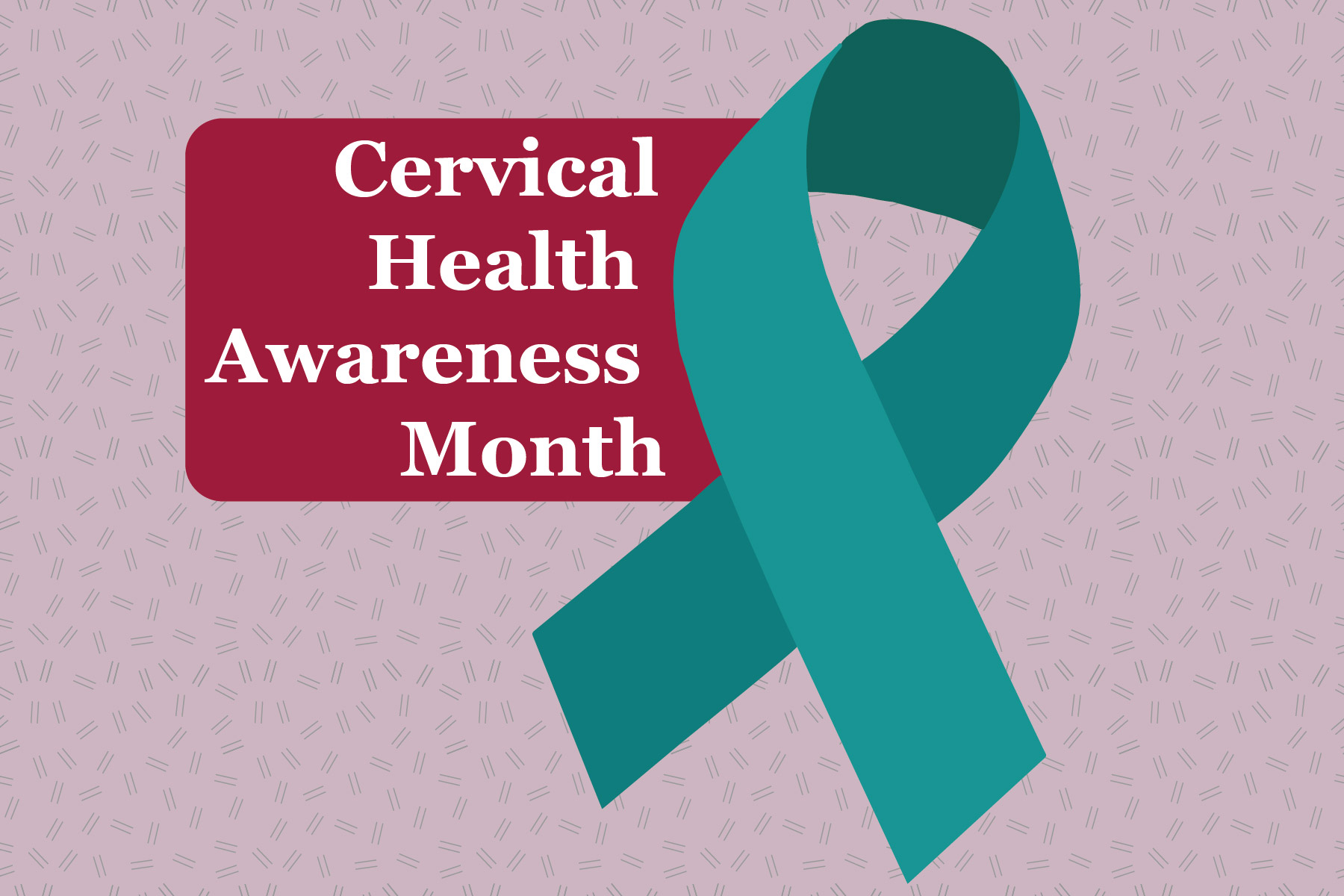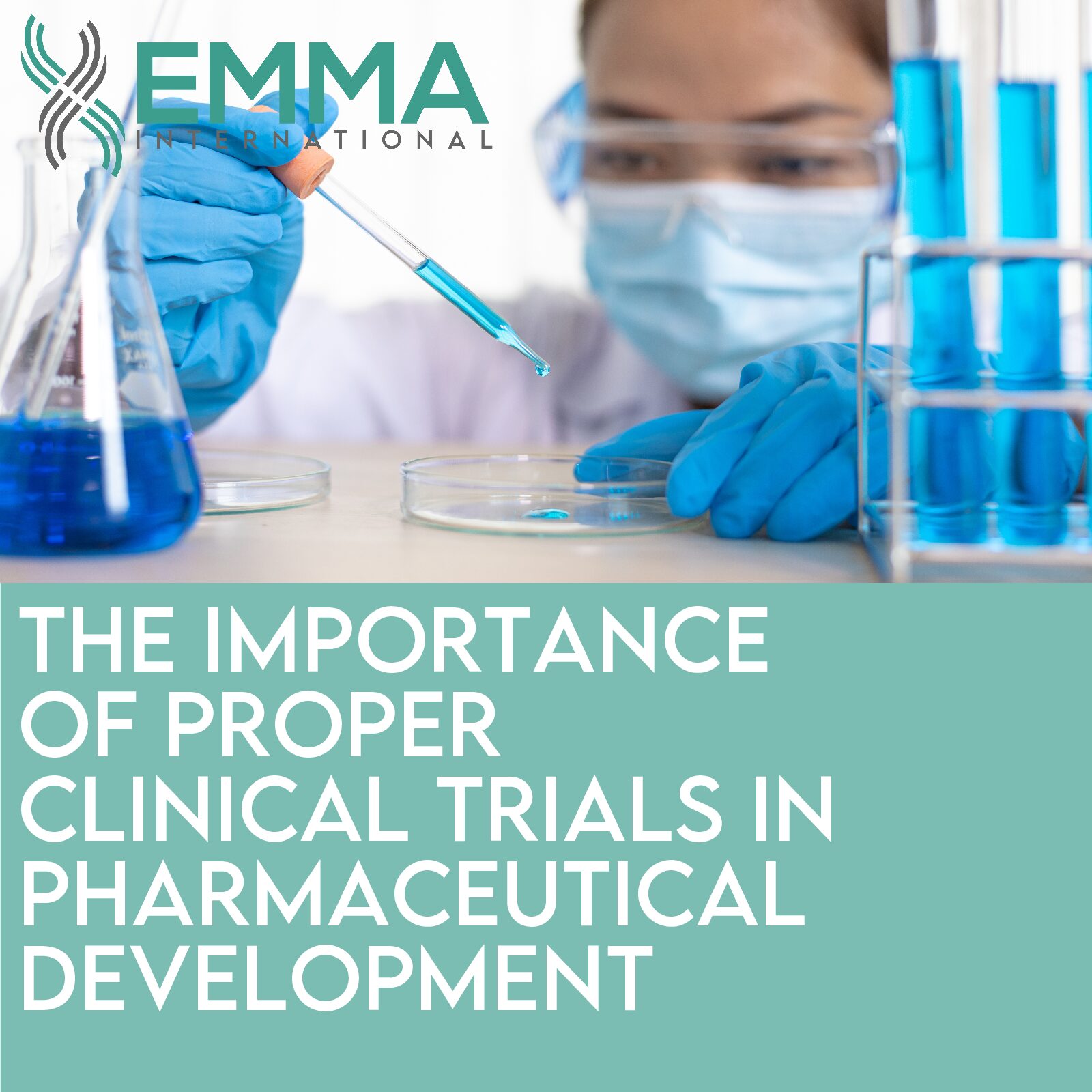Every year over 14,000 cases of cervical cancer will be diagnosed and over 4,000 people will die from cervical cancer in the United States alone.1 Cervical cancer is one of the most common causes of cancer death for women, and as such, the US Congress has designated January as Cervical Health Awareness Month. Globally, over 500,000 women are diagnosed with cervical cancer each year, making it the fourth most common cancer in women. Many international organizations are taking on the fight against cervical cancer by developing and promoting medical technology to eradicate it.
According to the World Health Organization (WHO), 99% of all cervical cancer cases are linked to infection with high-risk human papillomaviruses (HPV).2 Given this statistic, many international organizations go to HPV vaccines as the first line of defense against cervical cancer. In the United States, the FDA approved Gardasil in 2006 as the first HPV vaccine. In 2014, the FDA approved Gardasil 9, which covered the same four HPV types as Gardasil, plus an additional five HPV types. In 2018, the FDA approved the expanded use of the vaccine to include women and men aged 27 through 45 years, based on a review of safety and efficacy data.3 Globally, there has been a push to vaccinate as many individuals against HPV as possible, with the intent to prevent cervical cancer completely.
In addition to the HPV vaccine, secondary prevention approaches should also be utilized. The most common form of cervical cancer screening is the Pap smear test, which looks for cell changes on the cervix that could become cervical cancer. Additionally, HPV tests can detect the virus which may ultimately cause the same precancerous cell changes. In recent years, advances have been made for the pap test which allows individuals to use a self-collection pap test system instead of seeing their doctor for a conventional pap smear. This type of pap test system is regulated as a Class III device, while conventional pap smear devices are Class II.4
Luckily, when detected early, cervical cancer is one of the most treatable forms of cancer. As a certified Women’s Business Enterprise through the Women’s Business Enterprise National Council (WBENC), EMMA International is passionate about global women’s health initiatives. We support and applaud international organizations who are working towards eliminating cervical cancer, especially in low and middle-income countries where many women lack access to adequate health services. EMMA International assists firms across the life-sciences industry bring their products to market, call us at 248-987-4497 or email info@emmainternational.com to learn more about how we can help.
1American Cancer Society (Jan 2021) Key Statistics for Cervical Cancer retrieved on 01/17/2021 from: https://www.cancer.org/cancer/cervical-cancer/about/key-statistics.html
2WHO (n.d.) Cervical Cancer retrieved on 01/17/2021 from: https://www.who.int/health-topics/cervical-cancer#tab=tab_1
3FDA (Oct 2018) FDA Approves Expanded Use of Gardasil 9 to Include Individuals 27 through 45 years old retrieved on 01/17/2021 from: https://www.fda.gov/news-events/press-announcements/fda-approves-expanded-use-gardasil-9-include-individuals-27-through-45-years-old
4FDA, St. Pierre (Jan 2018) Self Collection Devices for Pap Test [ppt presentation] retrieved on 01/17/2021 from: https://www.fda.gov/media/110292/download







